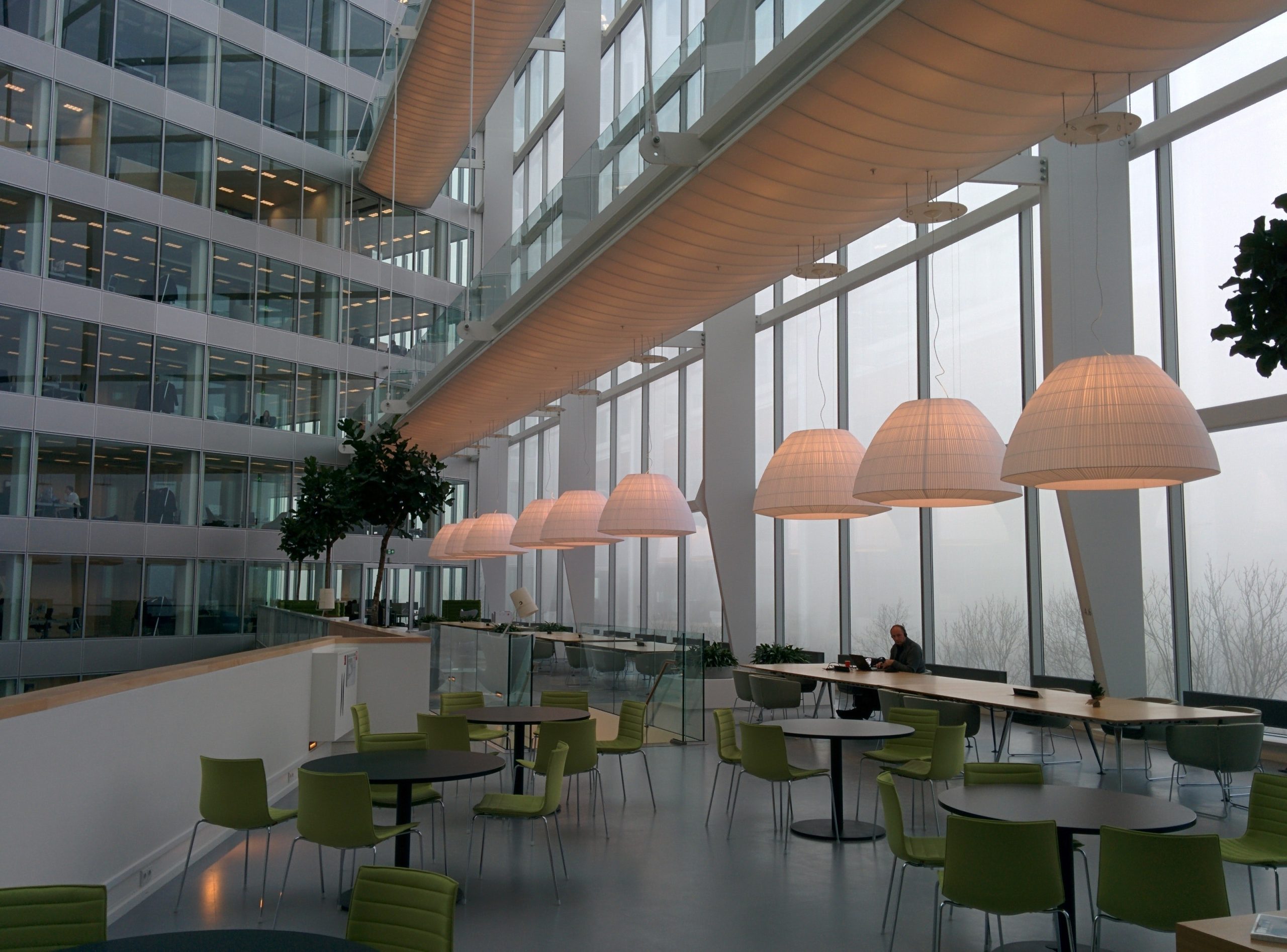Singapore Property Investment in Shadow Space will increase in the upcoming year
Office leasing activity is anticipated to decline in 2023 as a result of a deteriorating global economy and a slowdown in the technology industry. However, Singapore property investment in shadow spaces is hot in demand. Extra space on an existing lease obligation that a tenant would like to give up by finding a new tenant for the landlord is a trend that property advisors anticipate growing.
Despite this, 2023 office rents are predicted to remain steady with a much smaller increase than in 2022 due to the relatively low office supply, after accounting for buildings that will be demolished for redevelopment.
The downturn in demand from the tech sector, which has experienced recent huge layoffs and hiring freezes, is another significant factor contributing to the weakening prospects for the Singapore office market.
Over the past two years, the tech industry has been a significant user of office space, accounting for between 40 and 50 percent of Singapore’s overall gross lease demand. Additionally, it is realistic to anticipate that more shadow space will hit the market in 2023 as certain businesses and sectors consider shrinking their offices to better control costs.
Expansion of shadow space
The executive director of Colliers and head of tenant representation highlighted that it is reasonable to expect more shadow space to enter the market in 2023. This is because many companies are looking at adapting their office space to the new way of working, future-proofing the office space from an ESG.
Also, JLL’s Tay predicts that the financial services, professional, and business services sectors will drive office demand in 2023, while demand from the tech sector will normalise.
Is tech industry hyping property investment in Singapore?
According to Savills Singapore’s executive director of research and consulting, news of ByteDance’s voracious need for premier office spaces in H1 2022 puzzled rental increases and strengthened landlords’ resolve to hike rents.
While the leasing of significant office premises by such well-known organisations garnered media attention, a number of other crypto companies also made the decision to open their own offices after receiving Series B funding as opposed to using co-working facilities.
The surge in rentals for Grade A CBD office space in 2022 was mostly attributed to this new wave of demand for smaller units.
The tech demand narrative then started to fall apart. Since the beginning of 2022, cryptocurrency prices have been falling, and the situation has been worse as a result of a series of well-publicised failures, like Terra in May, which caused a ripple effect throughout the industry.
No new demand drivers can fill the gap left by technology
The medium-sized occupiers, including non-banking financial institutions and legal firms, can offset the decline in office demand from the technology, media, entertainment, and telecommunications industry.
As these industries begin to evaluate their longer-term space requirements, leasing inquiries from these industries will increase. It won’t be sufficient to make up for the drop in office demand in the tech industry as their needs tend to be mid-sized but can offset it to some extent.
About me
I am Tyson Yuk, the founder of the blog Commercial Realty Singapore. With over 15 years of experience, my forte is in the commercial and luxury property line. With my blog, I aim to educate, advise and share tips and tricks with potential property buyers and investors to help them make successful property ventures.
Know more about my services,

